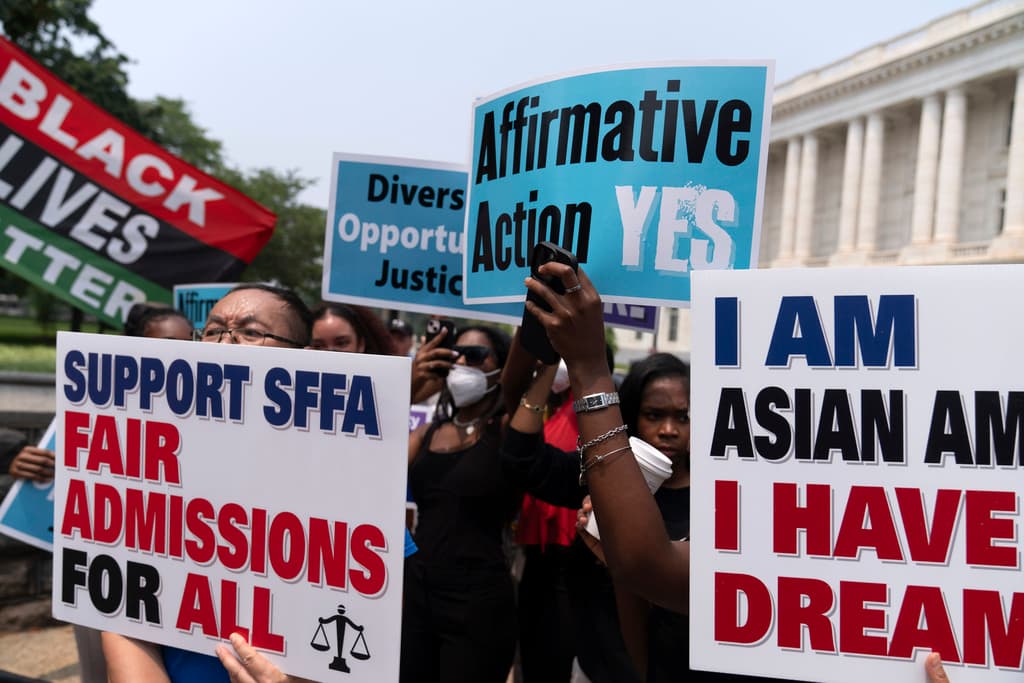Public Universities in Ohio Consider Outlawing Race-Based Scholarships
Many elite universities, meanwhile, have expressed a commitment to maintaining diversity in their student bodies after the Supreme Court ruled race-conscious admissions unconstitutional.

A slew of public universities in Ohio are considering taking the Supreme Court’s ban on affirmative action in college admissions decisions one step further and ban race-based scholarships on their campuses.
Ohio University said in a statement it is “temporarily pausing” awarding race-based diversity scholarships as it reviews whether selection criteria for admissions and scholarships are unconstitutional. At least six public universities in Ohio are considering following suit — Cleveland State University, Kent State University, the University of Akron, the University of Toledo, Youngstown State University, and Ohio State University.
A login link has been sent to
Enter your email to read this article.
Get 2 free articles when you subscribe.

